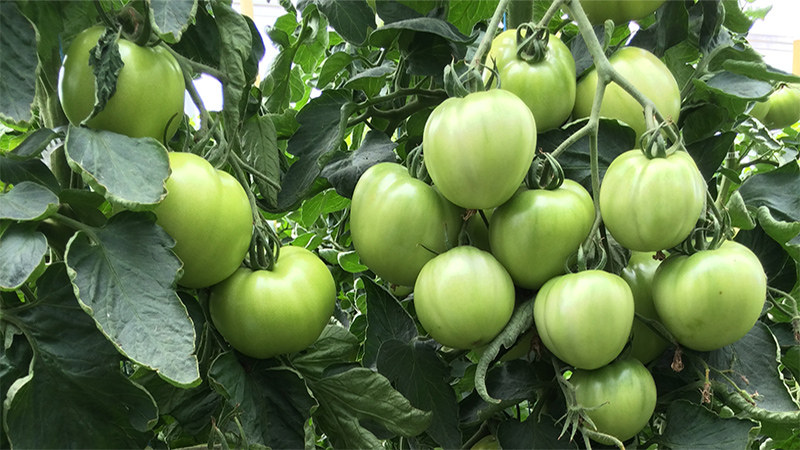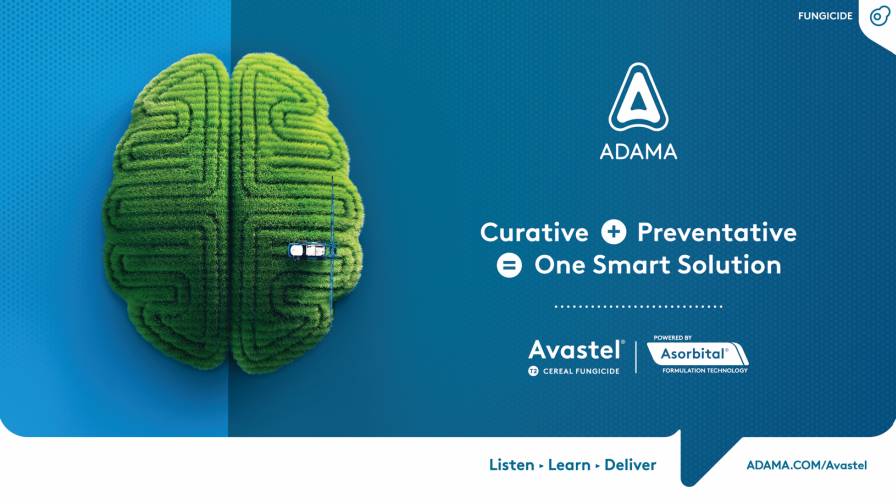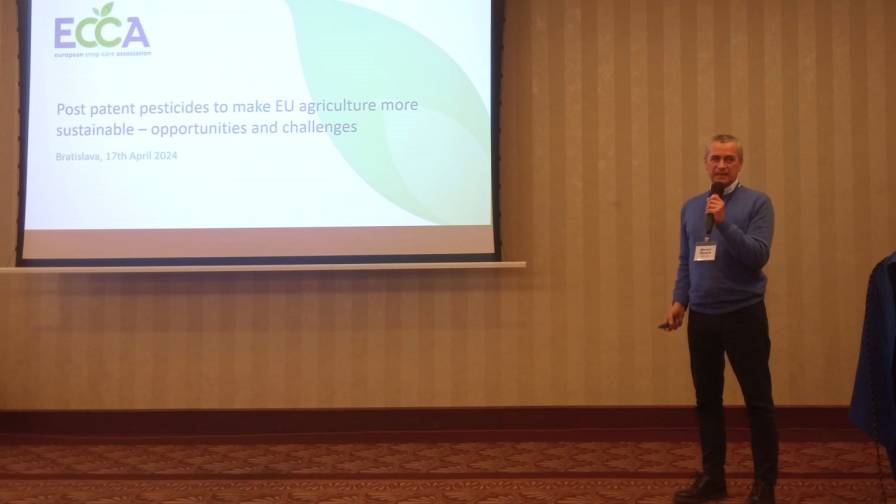How the ICBA Became the Go-To Research Center for Biosaline Agriculture
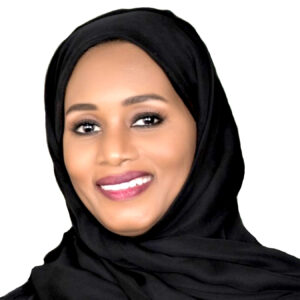
Dr. Tarifa Ajeif Alzaabi, Director General of International Center for Biosaline Agriculture (ICBA).
Dr. Tarifa Ajeif Alzaabi, recently promoted to Director General at International Center for Biosaline Agriculture (ICBA), is a UAE National and the first Emirati to hold that position since the organization’s founding in 1999. Located in the United Arab Emirates, ICBA is a non-profit working to create a world where sustainable livelihoods and food security are ensured for all who live in marginal environments. The organization identifies, tests, and introduces resource‐efficient, climate‐smart crops and technologies that are best suited to different regions affected by salinity, water scarcity, and drought. ICBA works in and has partnerships in more than 50 countries.
Alzaabi has worked for ICBA since 2019, joining as Deputy Director General. “Since then, I’ve been heavily involved in promoting the organization, working with the scientists, and promoting for food security solutions for the market and environment,” she says. “We work with the farmers, policymakers, and private sector, so we do have a number of stakeholders where we try to come together and overcome those challenges to make food and food security sustainable for everyone.”
As a research facility, Alzaabi knows that what happens in a lab doesn’t always translate to the field. “We have the challenge of converting research into a practice and then making sure that in practice it is sustainably adopted by our stakeholders,” she says. “We focus on knowledge transfer to ensure that the farmers getting the know-how are applying all the solutions we are talking about.”
The organization was founded more than 20 years ago to primarily focus on issues around salinity. “Through the years, the concept has evolved where we focus on marginal environments because we wanted to impact more lives and make sure that we work with a larger scope of countries,” she says. “For example, we know that freshwater is scarce, and people are going to use the fresh water anyway. If they are going to use it, how can we ensure that they’re using it in a very sustainable, efficient way? So, our scientists have been researching something called the ‘Crop Calculator’.”
Connected to a series of sensors, the calculator can be used by growers to learn how much water is needed for a given crop. It factors in the season and even whether the irrigation takes place in the morning or evening. The organization also focuses on brackish water and high-salinity water that is often injected into the ground or discharged into the sea.
ICBA uses an approach called integrated agri-aquaculture systems, which takes water infused with saline to grow fish. The water from those tanks becomes more fertile allowing it to be used back on crops that are more forgiving of saline-heavy water.
“It doesn’t really stop at that because we promote effective crops,” Alzaabi says. “For example, we work with Salicornia, which is now a very popular crop. It’s a native plant, but it is really used in many countries. It’s like a sea asparagus.”
ICBA doesn’t stop there. The organization works with the food industry to produce foods infused with Salicornia, including a burger, shakes, crackers, and other foods. Of course, changing long-held beliefs and behaviors in people and companies can take time and a lot of effort.

Dr. Tarifa A. Alzaabi, Deputy Director General at the International Center for Biosaline Agriculture (ICBA), speaks during the FA&L Week: Women in Islam at the Women’s Pavilion, Expo 2020 Dubai. (Photo by David Koriako/Expo 2020 Dubai)
“We’re dealing with the most delicate creatures,” Alzaabi says. “One is a plant, which is by nature, season based. It is very sensitive to light, environment, climate, salinity, water. There’re so many variables. We need to respect the season of that kind of plant that we are trying to promote.
“The other thing is human behavior and modification of the behavior. It also takes time. Food is very personal, and sometimes it is quite aligned with cultures. We can’t impose it on them. There are so many varieties, but we are trying to convince them that there are nature-based solutions and environmentally friendly options they can consider.”
It takes time and experimentation to approve a hypothesis and convince end users the validity of the message, Alzaabi says.
“We have multiple ways to get our messages across so they can really learn,” she says. “Climate change is something we used to read about it in books. Now it’s something that we witness, we see in our day-to-day life.”
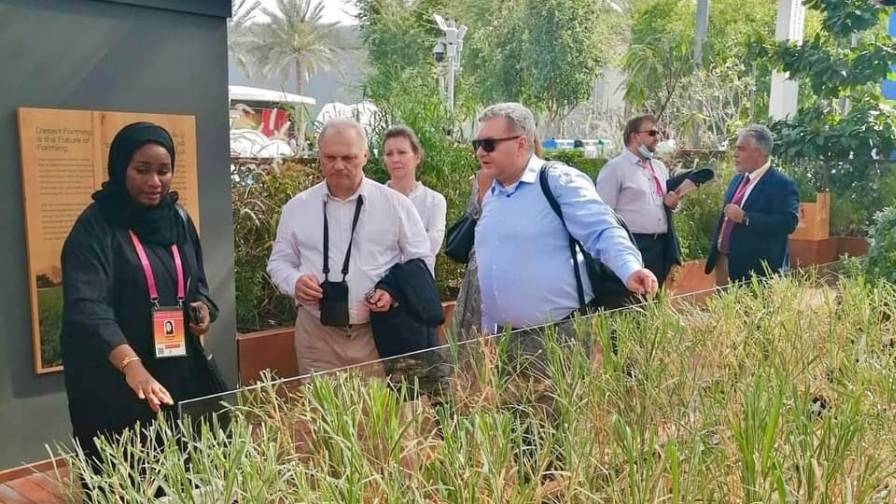
ICBA research seeks to identify, develop and test suitable innovative solutions and technologies that will increase food, nutrition and water security, in addition to improving the environment and the livelihood of people living in marginal environments.
This is particularly true among the younger generation of growers. “They’re educated, their tech savvy, they read articles,” Alzaabi says. “So, they’re quite aware of what’s going on around the world, which makes our mandate easier.”
“It is so much about forecasting the future and trying to build scenarios,” Alzaabi says. “What is the impact of climate change on water? On soil? On crops? It’s through the modeling and the design of (climate change) scenarios and hypotheses that the scientists play. We create policy documents where we can advise governments on the way forward and what are the suitable crops that they need to grow in the coming 10 years, 20 years, 30 years, depending on those changes.”

